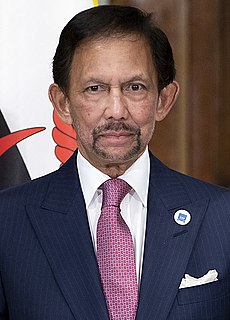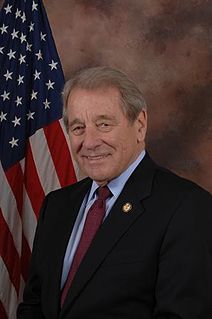A Quote by Christine Lagarde
If climate change issues are not adequately addressed—if we keep running those nice energy subsidies, if the price on carbon is not adequately set, if policymakers don’t have it on their radar screens—then financial stability in the medium and long-term is clearly at stake.
Related Quotes
Subsidies for the oil, gas and coal industries are projected to cost taxpayers more than $135 billion in the coming decade. At a time when scientists tell us we need to reduce carbon pollution to prevent catastrophic climate change, it is absurd to provide massive subsidies that pad fossil-fuel companies' already enormous profits.
Some time ago we discovered the carbon cycle - a long-term set of chemical reactions that govern climates based on how much carbon is free in the atmosphere. At that point, it became clear that humans were affecting our environments far more profoundly than we realized. By releasing so much carbon and greenhouse gas into the environment, we're making long-term changes to every aspect of the natural world.
Every candidate running for president has got to answer the following very simple question: At a time when we need to address the planetary crisis of climate change, and transform our energy system away from fossil fuels and into energy efficiency and sustainability, should we continue to give $135 billion in tax breaks and subsidies over the next decade to fossil fuel companies?
We have a structural problem because you can simultaneously understand the medium to long-term risks of climate change and also come to the conclusion that it is in your short-term economic interest to invest in oil and gas. Which is why, you know, anybody who tells you that the market is going to fix this on its own is lying to you.































